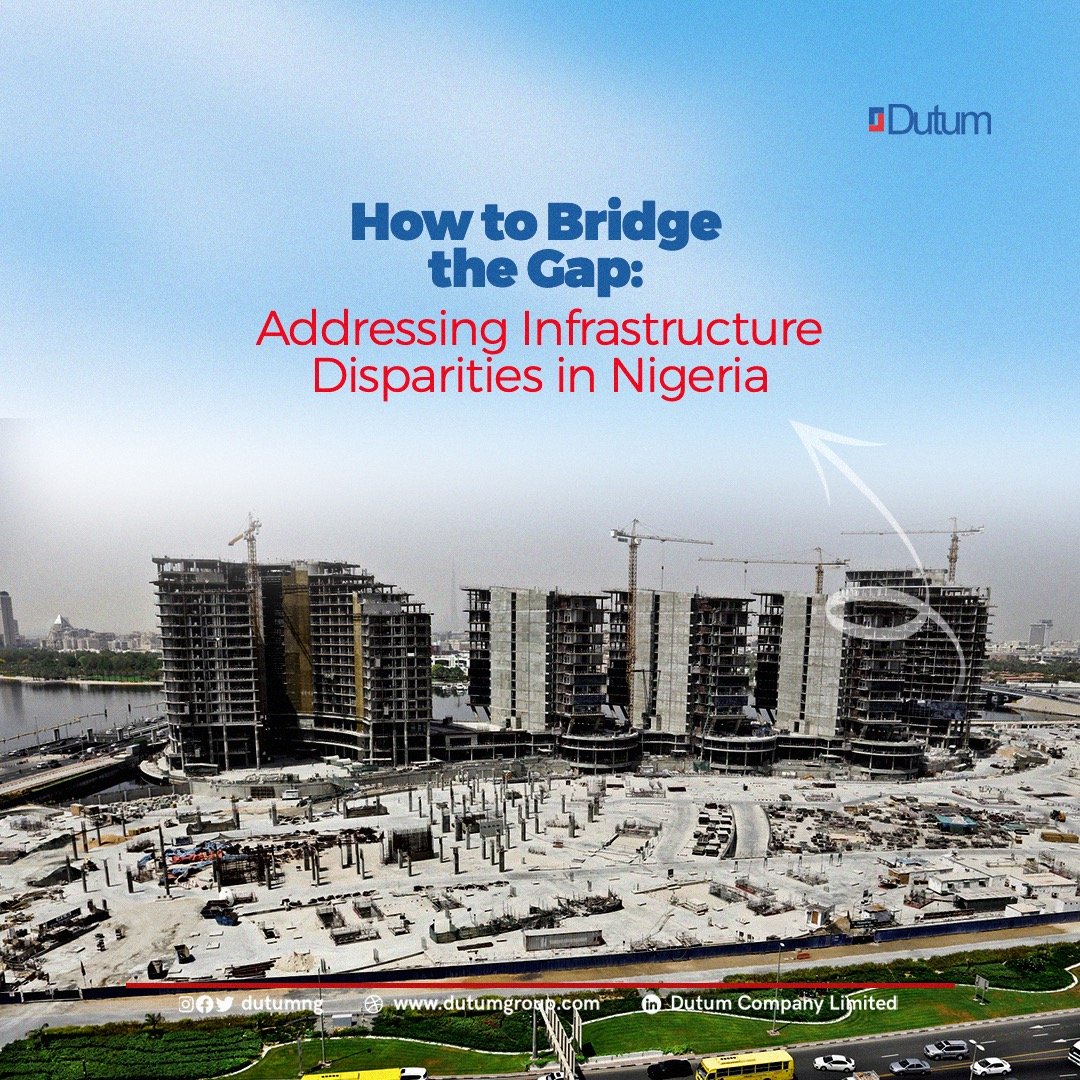Nigeria, a nation of vast potential and rich resources, has made remarkable strides in various sectors. However, amidst its growth and progress, there remains a significant challenge that hampers the nation’s development: infrastructure disparities. The uneven distribution and inadequate access to essential infrastructure such as roads, electricity, water, and telecommunications create barriers that hinder economic growth, limit opportunities, and perpetuate social inequalities. In this blog post, we will delve into the pressing issue of infrastructure disparities in Nigeria and explore ten effective strategies to bridge the gap and pave the way for a more inclusive and prosperous future. By addressing these disparities head-on and implementing sustainable solutions, we can unlock the full potential of Nigeria and create an environment where every citizen can thrive and contribute to the nation’s advancement.
10 ways to address infrastructure disparities in Nigeria
- Increase Investment: Allocate substantial funds and resources from the government budget to infrastructure development, focusing on key sectors such as transportation, energy, water, healthcare, and education.
- Public-Private Partnerships (PPPs): Encourage partnerships between the public and private sectors to leverage expertise, technology, and financial resources for infrastructure projects. This collaboration can accelerate development and ensure sustainable management.
- Regional Development Plans: Create comprehensive regional development plans that address the specific infrastructure needs of each area, taking into account factors such as population density, economic activities, and environmental considerations.
- Prioritize Maintenance: Allocate adequate resources for the regular maintenance and rehabilitation of existing infrastructure to ensure its longevity and efficiency, reducing the need for costly repairs in the future.
- Technology Integration: Embrace technological advancements and innovative solutions to enhance infrastructure development and management. This includes utilizing smart infrastructure systems, renewable energy sources, and digital platforms for efficient service delivery.
- Community Engagement: Involve local communities in the planning and decision-making processes to ensure their needs and concerns are considered. Engage communities in infrastructure projects through consultations, feedback mechanisms, and capacity-building initiatives.
- Capacity Building: Invest in training programs and skill development to build a competent workforce capable of planning, implementing, and maintaining infrastructure projects effectively. This includes providing technical training, promoting entrepreneurship, and fostering collaboration among professionals.
- Transparent Governance: Enhance transparency and accountability in infrastructure development by implementing robust monitoring and evaluation mechanisms. This ensures that funds are utilized efficiently, projects are delivered on time, and corruption is minimized.
- Sustainable and Resilient Infrastructure: Prioritize the development of environmentally sustainable and resilient infrastructure that can withstand natural disasters and climate change impacts. This includes adopting green building practices, promoting renewable energy sources, and implementing climate adaptation measures.
- International Collaboration: Foster collaboration with international organizations, development partners, and neighboring countries to leverage expertise, financial resources, and knowledge sharing. This can support infrastructure development efforts through technical assistance, funding, and best practice exchange.
By reaching the end of our exploration into addressing infrastructure disparities in Nigeria, it becomes evident that bridging the gap requires a collective effort and a steadfast commitment to change. By implementing the strategies discussed in this blog post, Nigeria can make significant progress in addressing infrastructure disparities, promoting economic growth, and improving the quality of life for its citizens.
It is imperative for government bodies, private sectors, communities, and individuals to come together and prioritize infrastructure development, ensuring that all regions of Nigeria have access to reliable and efficient services.
Let us embrace the challenge and work tirelessly towards a future where infrastructure disparities are eradicated, paving the way for a more prosperous and inclusive Nigeria. Together, we can bridge the gap and build a nation that thrives on the foundation of robust and accessible infrastructure for all.



Leave a Reply